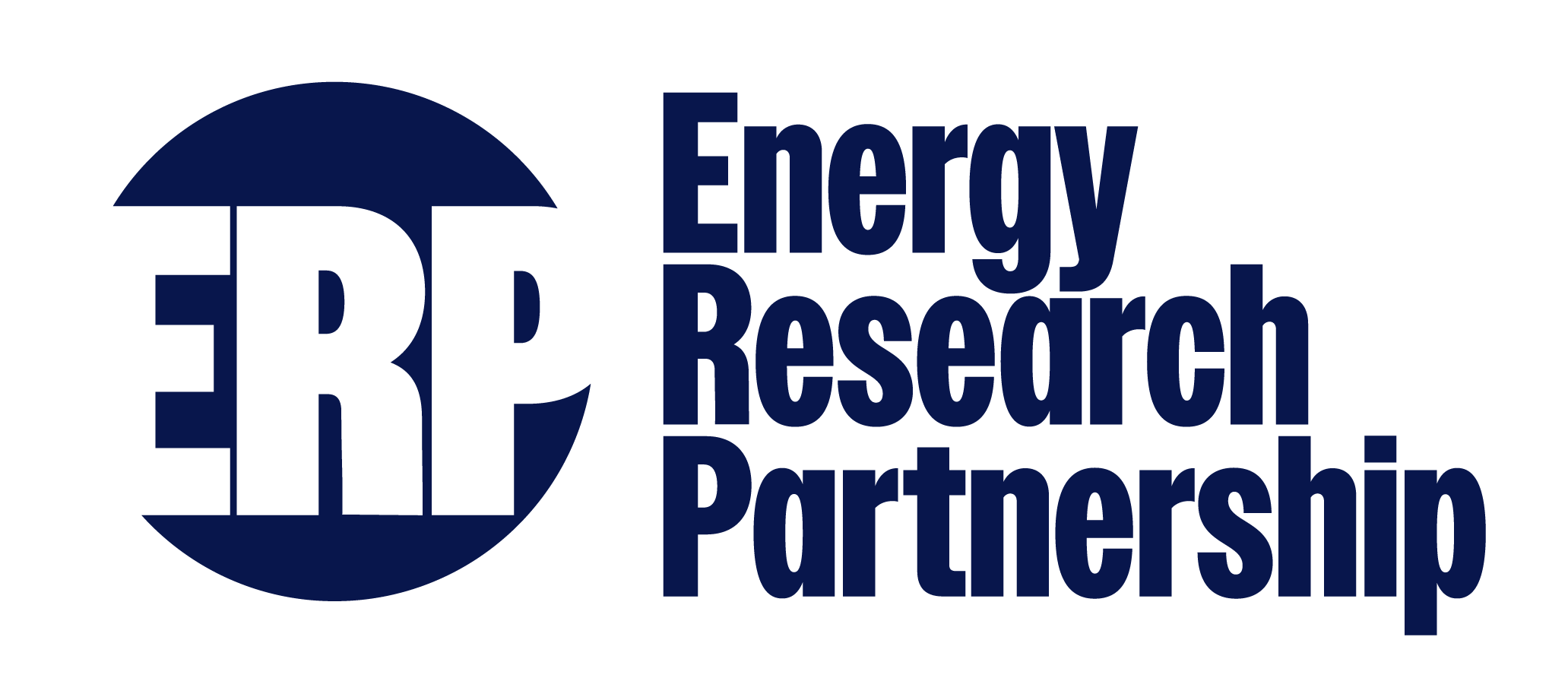ERP Workshop Paper: Benefits and savings from better use of material resources and energy
A new approach to material and energy efficiency could result in annual savings of £0.8 – 8.0 billion across the economy, with an additional one-off saving of £0.16 – 1.6billion. Households could save up to £2,000 each per year. All this could be achieved using existing materials and without the need for any technological breakthroughs. Analysis is increasingly recognising that one of the quickest ways to improve resource and energy security, whilst enhancing long-term economic growth and decarbonising the UK economy, is to reduce the consumption of materials and energy.
The paper provides a summary of the conclusions and recommendations from an expert workshop held in June 2014 and highlights that appropriate approaches can unleash substantial savings and benefits. It identifies both quick wins and longer-term recommendations to deliver a more efficient use of materials and energy. The recommendations have implications across government departments, industry and society sectors and are intended to help inform policy development.
The researchers that undertake work in this area, whose material formed the basis of ERP’s expert workshop attended by industry and policy representatives, and this paper, include:
- John Barrett, Sustainability Research Institute, School of Earth & Environment, University of Leeds
- Kate Scott, Sustainability Research Institute, School of Earth & Environment, University of Leeds
- Julian Allwood, Low Carbon & Materials Processing, Dept of Engineering, University of Cambridge
- Simone Cooper, Low Carbon & Materials Processing, Dept of Engineering, University of Cambridge
- David MacKay, Low Carbon & Materials Processing, Dept of Engineering, University of Cambridge
- Paul Ekins, UCL Institute for Sustainable Resources, University College London
For more information to understand more about these measures please contact ERP.

